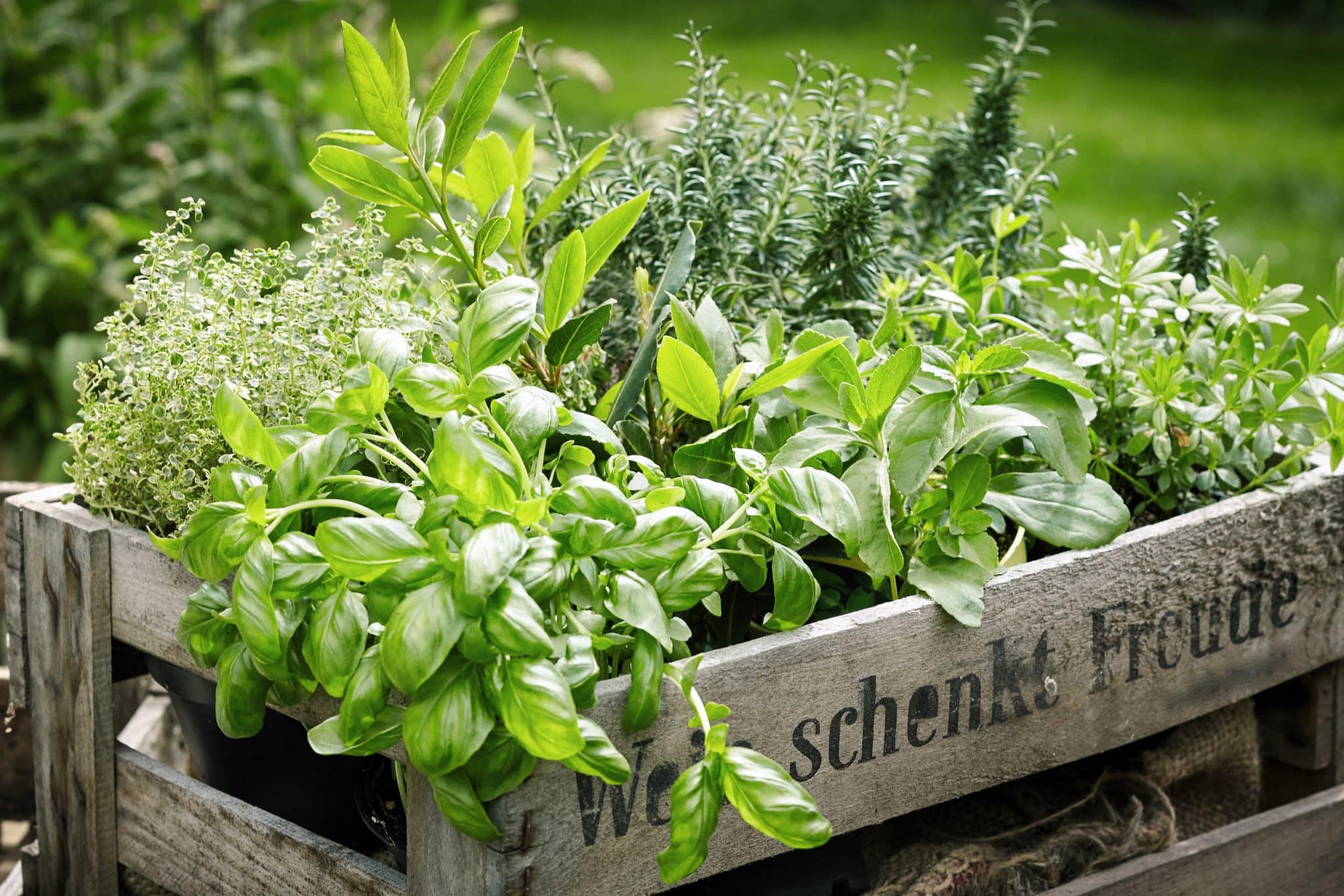As the winter takes hold, now is the time to ensure you keep your immune system in tip-top condition. Naomi Murray from Botanica Health in Rusthall reveals why the humble herb is priceless when it comes to looking after your health…
The last few years have taught us all the value of looking after one’s own health. This means whole health; mind, body and spirit. One cannot be separate from the other.
In her book ‘Molecules of Emotion’ Candace Pert states: “Unless we can measure something, science won’t concede it exits, which is why science refuses to deal with such ‘non-things’ as the emotions, the mind, the soul, or the spirit.”
As we move into winter, with all its challenges, we would do well to remember that these are not ‘non-things’.
In fact in 1948 the World Health Organisation (WHO) defined health as ‘a state of complete physical, mental and social well-being and not merely the absence of disease and infirmity’.
I think it is fair to say this wasn’t wholly taken into account over the pandemic years.
I would hope lessons have been learned and as we enter a new phase of the year a holistic approach is adopted.
Plants are also unique in terms of their multi-modal qualities.
Whilst lemon balm is a calming herb for anxiety, sleeplessness and worry, it can also relax the gut, reducing hypersensitivity in the digestive system.
So as we enter the cold and dark winter months consider herbs in your wellness tool kit.
For more support and information please contact us or your local natural health care provider.
Harnessing the power of herbs for resilience during winter
Building resilience is an essential aspect of maintaining both mental and physical health. It is the ability to bounce back from life’s challenges, adapt to change, and thrive in the face of difficulties. Winter can be a demanding time for all sorts of reasons and the festive season comes with its own challenges. It can be a time where physical wellbeing feels more fragile and the frenetic pressure of a perfect Christmas can lead to overwhelm and anxiety.
Herbs are a holistic and natural way to support our bodies and minds, helping us navigate the ups and downs of life with greater strength and vitality during the cold months.
Here are five effective herbs to support immunity and emotional resilience:
1. Holy basil (Tulsi): known as ‘the queen of herbs’ in Ayurveda, is celebrated for its stress-relieving properties. It helps reduce anxiety and supports mental clarity, making it a valuable ally in building mental resilience. But not only this, studies show that holy basil has diverse actions on the respiratory system. It effectively liquefies the phlegm and is effective for coughs due to allergic bronchitis, asthma and eosinophilic lung disease.
2. Black cumin (Nigella sativa): the components of this plant are known for its intense immune-regulatory, anti-inflammatory, and antioxidant benefits in obstructive disorders. A molecular docking study also gave evidence that Nigella sativa decelerates Covid-19 and might give the same or better results than the FDA-approved drugs.
3. Lemon Balm (Melissa officinalis): is a soothing herb that can reduce anxiety and promote relaxation. It’s often used to support emotional resilience and combat the effects of stress on the nervous system. Based on meta-analysis results, lemon balm significantly improved mean anxiety and depression scores compared with the placebo.
4. Ashwagandha (Withania somnifora): a randomised, double-blind, placebo-controlled trial found that Ashwagandha extract significantly improved the immune profile of healthy subjects by modulating their innate and adaptive immune systems. Researchers concluded that Ashwagandha could be used to boost the immune system of people at risk of infection and during ‘widespread infections’.
5. Andrographis: evidence from clinical trials show this herb, also known as the ‘king of bitters’, can reduce upper respiratory infections, sinusitis and the common cold. It can also be very useful to relieve diarrhoea and studies show it to be as good as pharmaceutical options for SIBO (Small intestinal bacterial overgrowth).








